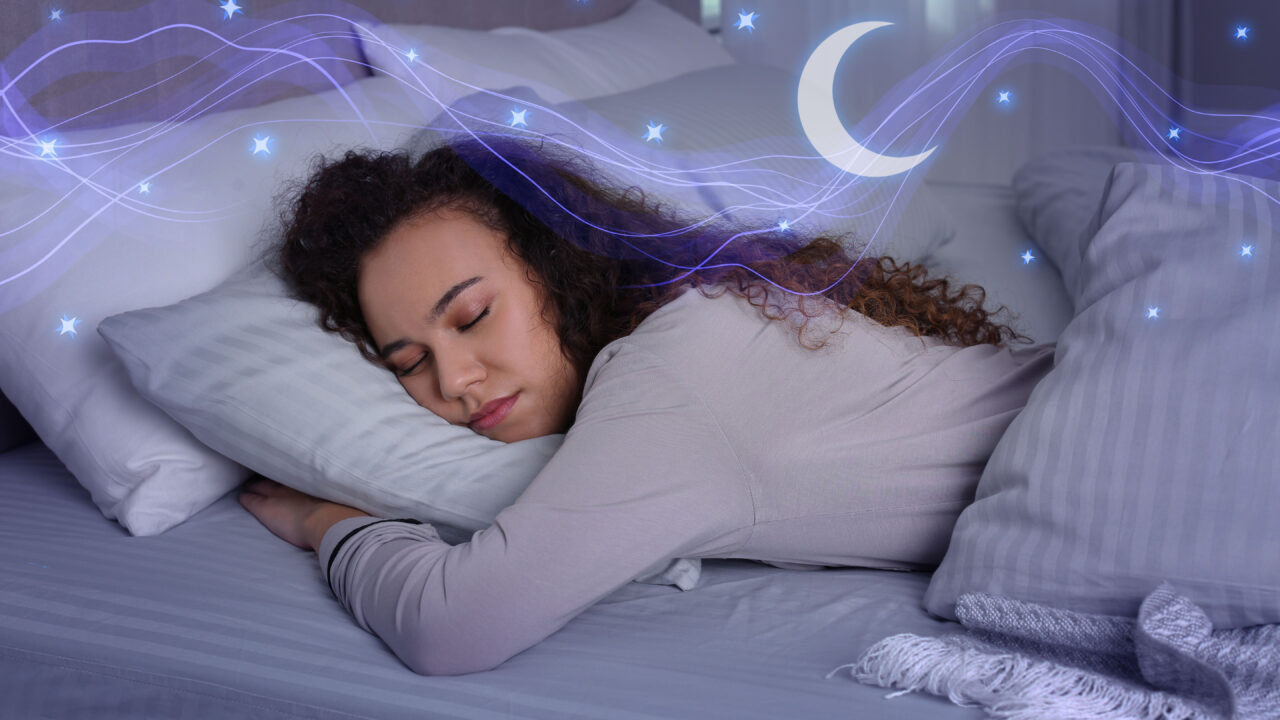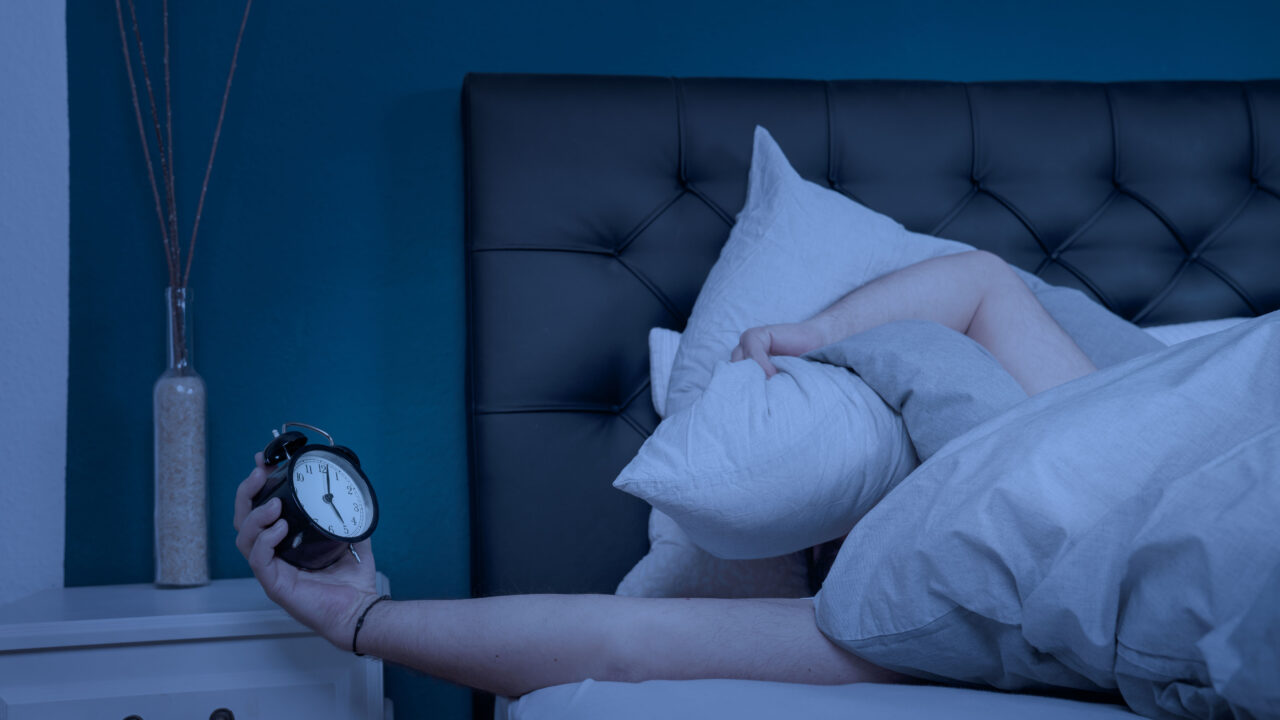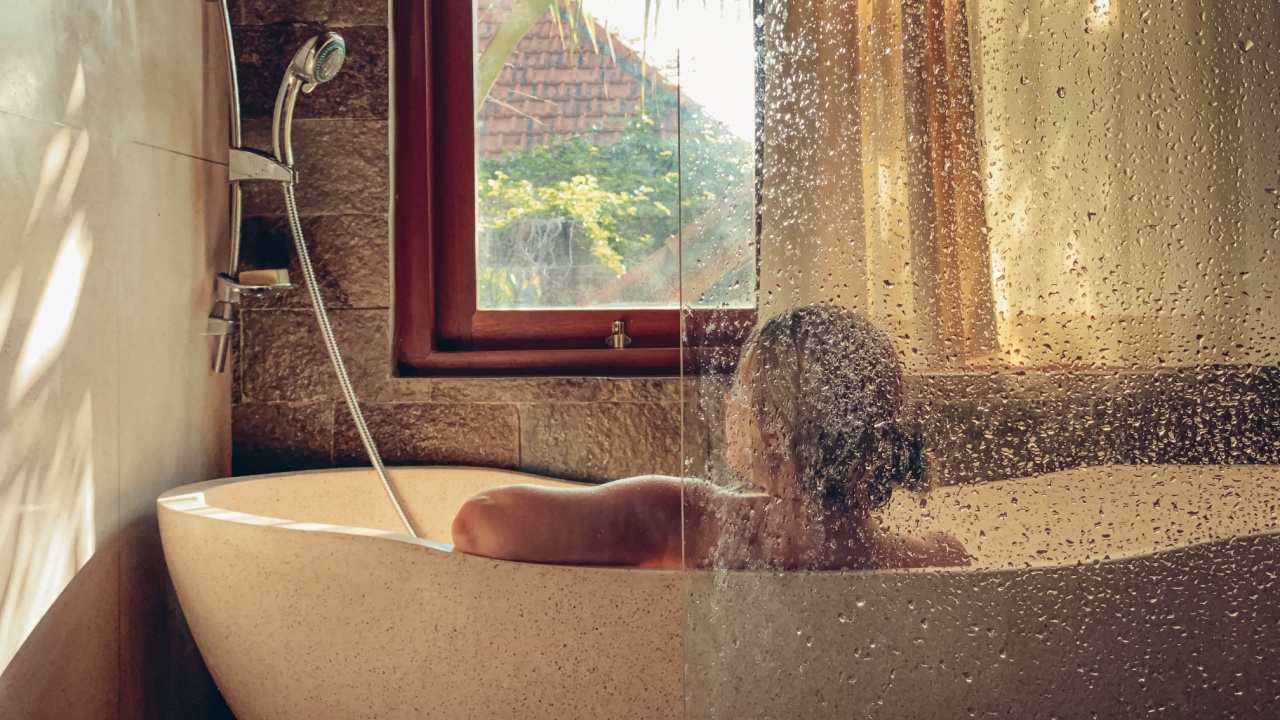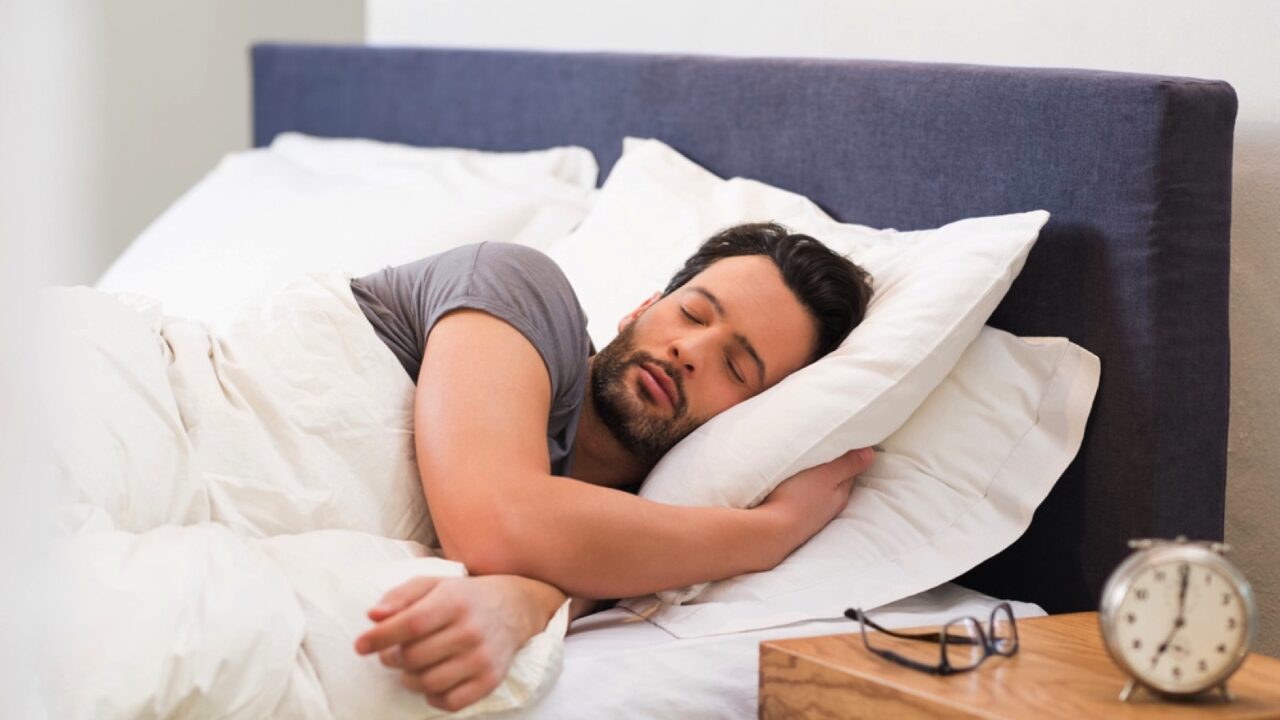Sleep is one of the most critical factors in achieving optimal health, yet many of us struggle to get adequate rest. With all the distractions and responsibilities we have to manage, how can we ensure a great night’s sleep?
As a naturopath, here are some suggestions I recommend to help you fall and stay asleep better.
What Is a Circadian Rhythm?


Humans function according to a circadian rhythm, which is the time clock by which your entire body functions. This rhythm follows a specific pattern that wakes you up in the morning, allows you to function during the day, and helps you fall asleep at night. This rhythm can become disrupted by stress, lack of nutrition, and even improper light exposure. It will be extremely difficult to fall asleep if your circadian rhythm is dysregulated.
Depending on your genes, your body will produce hormones at specific times according to your personal circadian rhythm modulation, also known as your chronotype. Defining your chronotype will help you establish lifestyle changes and set a schedule that works best for your optimal health, energy levels, and productivity.
Set Your Circadian Rhythm


How many times have you laid in bed at the end of the day, only to feel every muscle ache accompanied by the racing thoughts of all your responsibilities? You went from giving 100% of your energy to just lying still. The human body is not like a car. It is not an “all or nothing” machine that can go from 60 miles an hour to a full stop by pressing the brakes.
The human body requires rest, nourishment, and peace to replenish itself. It is not meant to go from full energy expenditure to a full stop without a slow-down process. A constant “stop and go” pattern can harm your mental and physical health.
To understand your own circadian rhythm, keep track of when you naturally wake up, feel hungry, and get sleepy. This will help you figure out your natural circadian cycle. You can also work with a naturopathic practitioner to discover your personal genomics and create a lifestyle plan tailored to your needs.
For more information on discovering your chronotype, consider reading the book, The Power of When.
Soak Into Sleep


Utilizing hot water as a part of your bedtime routine is a simple way to let your body know it is time to relax. Soaking in a warm tub or taking a hot shower can help induce a restful state. You can even add items such as essential oils, Epsom salt, and herbs into your bath to increase the calming benefits.
Lights Out


An easy way to keep your body in a proper rhythm is to acclimate it to light at appropriate times. Sunlight exposure within the first hour of waking is essential for the pituitary gland to receive the “signals” to produce the appropriate hormones for vitality.
In turn, turning off artificial lights and avoiding blue light exposure from technology two hours before bedtime will help promote the release of sleep-inducing hormones. (Source)
A great replacement for light usage is to use salt lamps instead of traditional lamps in the evenings. Orange lights are often used in chromotherapy treatments to help relax and calm the body and help you fall asleep faster. Turning on salt lamps before bedtime can give your pituitary gland the signal to start producing sleep-inducing hormones.
Unplug


We are constantly exposed to sources of stimulation and light, which can confuse our brains into staying in a hyperactive state which can inhibit sleep. One simple change you can make to get better sleep is to unplug from electronics and sources of blue light at least 2 hours before bedtime. Blue light exposure can prevent your body from releasing hormones such as melatonin, which induces sleepiness. Though it can be tempting to lay in bed and scroll through social media, this common habit can prevent you from being able to easily fall asleep.
It is a good idea to plug your phone in to charge in another room before you lay down, so you are not tempted to “doom scroll.” If you are thinking, “I need my phone for my alarms” you can easily replace your phone’s alarm by getting an alarm clock. If you are struggling with falling asleep, this one change can make a huge difference.
Slow Your Brain


If you lay down for bed and suddenly have racing thoughts that cause you to struggle to fall asleep, your brain may be stuck in a hyperactive state. Humans are not meant to go from full action to a full stop and our brains need time to wind down.
Fluctuations in certain brain wave states induce the transition from being awake to falling asleep and vice versa. The transition from being awake to falling asleep happens when the brain enters a theta wave state, which then can lead into the delta wave state, therefore inducing sleep. If the brain stays in gamma or beta wave states, it cannot fully relax and will prevent sleep from occurring. The delta wave state produces the slowest brain waves and is associated with restorative relaxation and sleep.
Staying in higher brain wave states will inhibit your ability to fall asleep, which is why it is important to establish a routine to “slow” your brain down. One easy suggestion on how to accomplish this is to avoid stimulating activities at least two hours before bedtime. Avoid tasks such as computer work and exercising and replace them with calming activities such as listening to calming music, taking a hot bath or practicing breathing exercises before bed. Participating in relaxing nighttime routines can help your brain induce the appropriate brain wave states to help you fall asleep.
Sip Yourself Sleepy


In Native American cultures, infusing herbs into teas were some of the first line remedies to treat discomforts and issues such as insomnia. A commonly used and highly recommended herbal sleep remedy is chamomile. This herb is a daisy-like flower that is primarily used for its calming effects. Medical studies have shown chamomile can be an effective treatment against insomnia. It has also been used to manage anxiety and is hailed for its calming effects.
To use this herbal remedy, it is recommended to ingest one cup of warm chamomile tea at least 1 hour before bedtime to induce sleep. If you do not care for the taste of chamomile, you can work with a naturopath to help you find alternative natural sleep remedies. (Do not start or stop any herbal remedy without first checking with a healthcare provider or clinical herbalist.)
Schedule Sleep


When the body is able to produce the correct hormones at the correct levels at the correct times, the body can enter a state of optimal balance and performance. Proper circadian rhythm modulation allows you to feel energized when you need to function and fall asleep when you need to rest.
Keeping a schedule that involves eating, sleeping and waking on a consistent timeline can help your body regulate itself. Setting a bedtime might seem like a childlike habit, but it has many mental and physical health benefits. You may be surprised to find how much better you feel when your personal circadian rhythm is working in an optimal state.
You, as a human, must sleep, so you owe it to yourself to rest just as hard as you hustle. Rest is not a reward you earn for hard work; it is a necessity you deserve. Do yourself a favor and get some sleep!